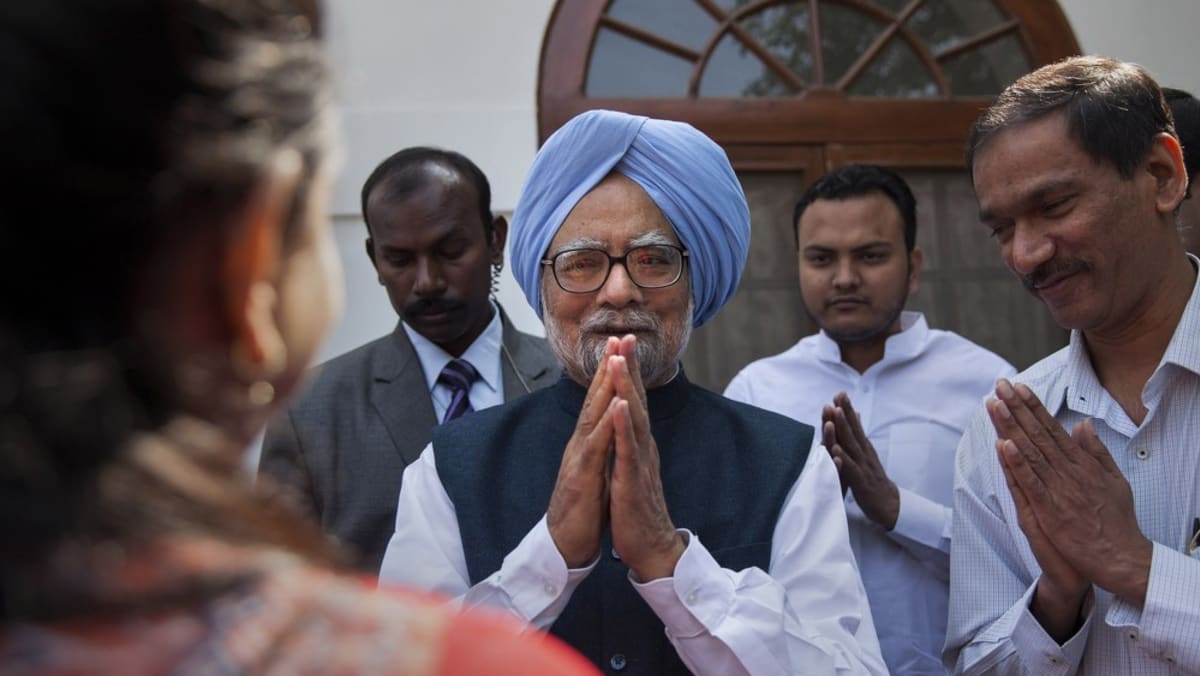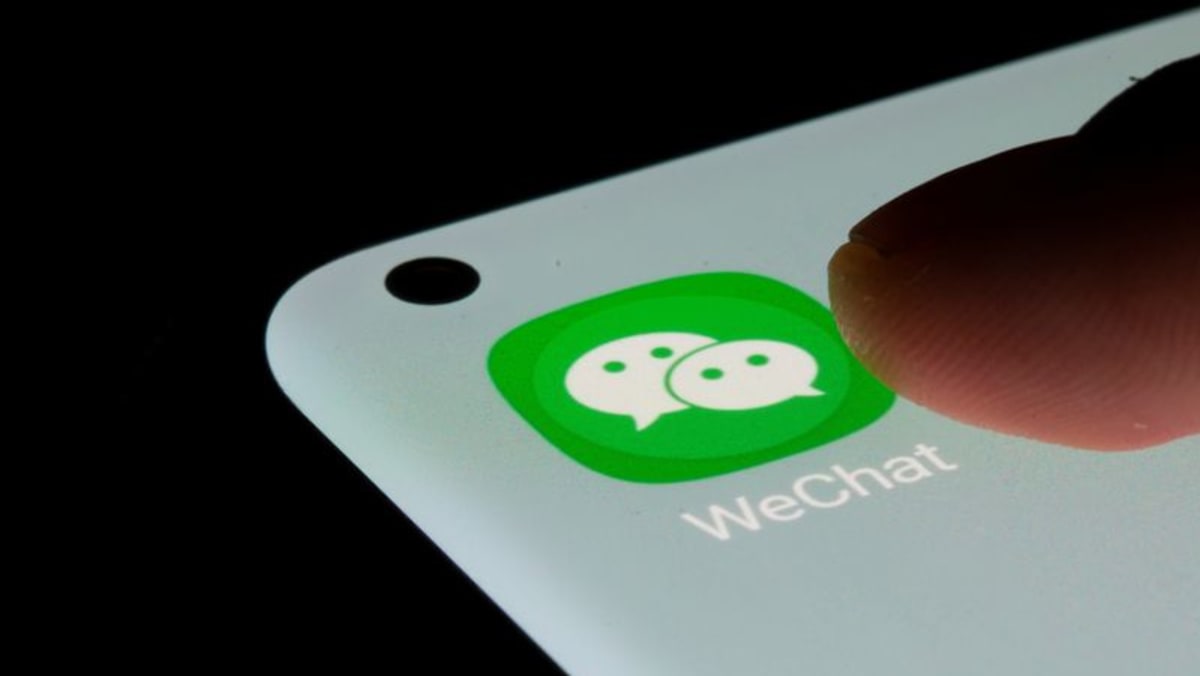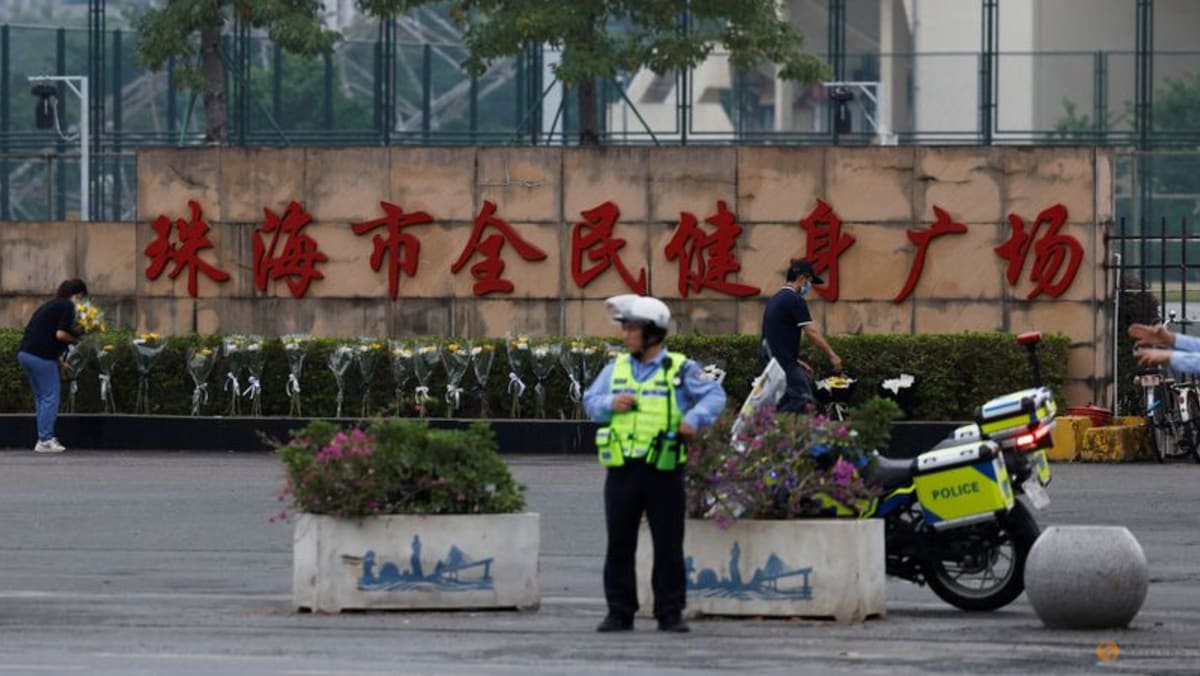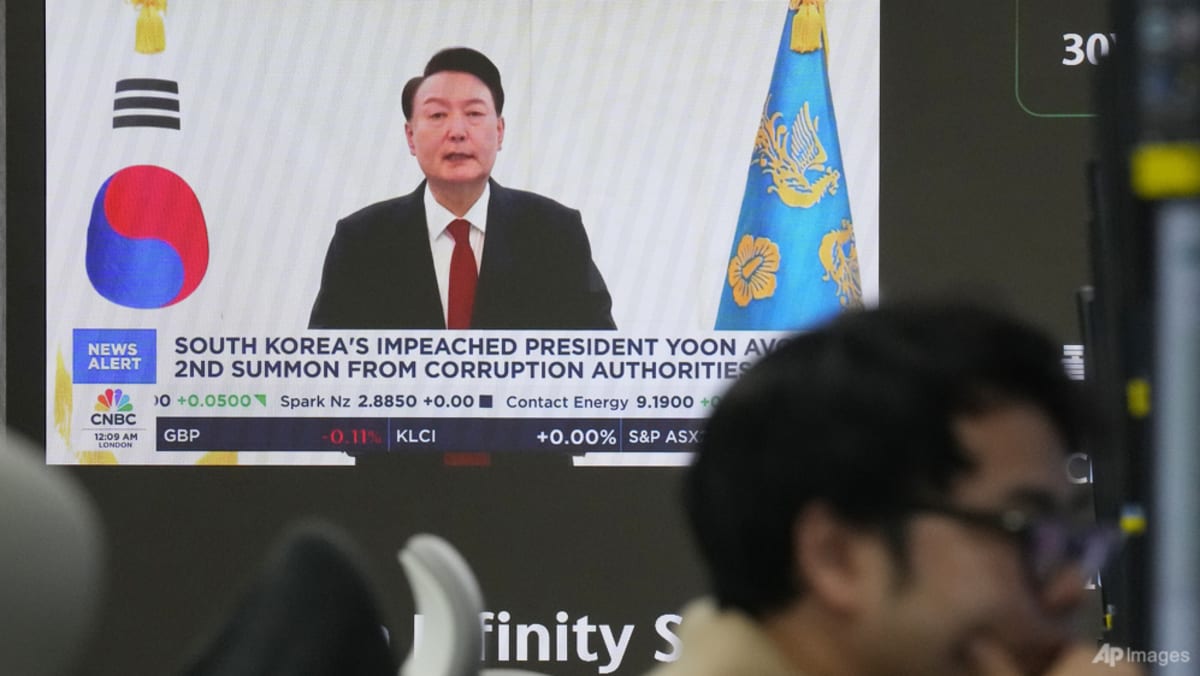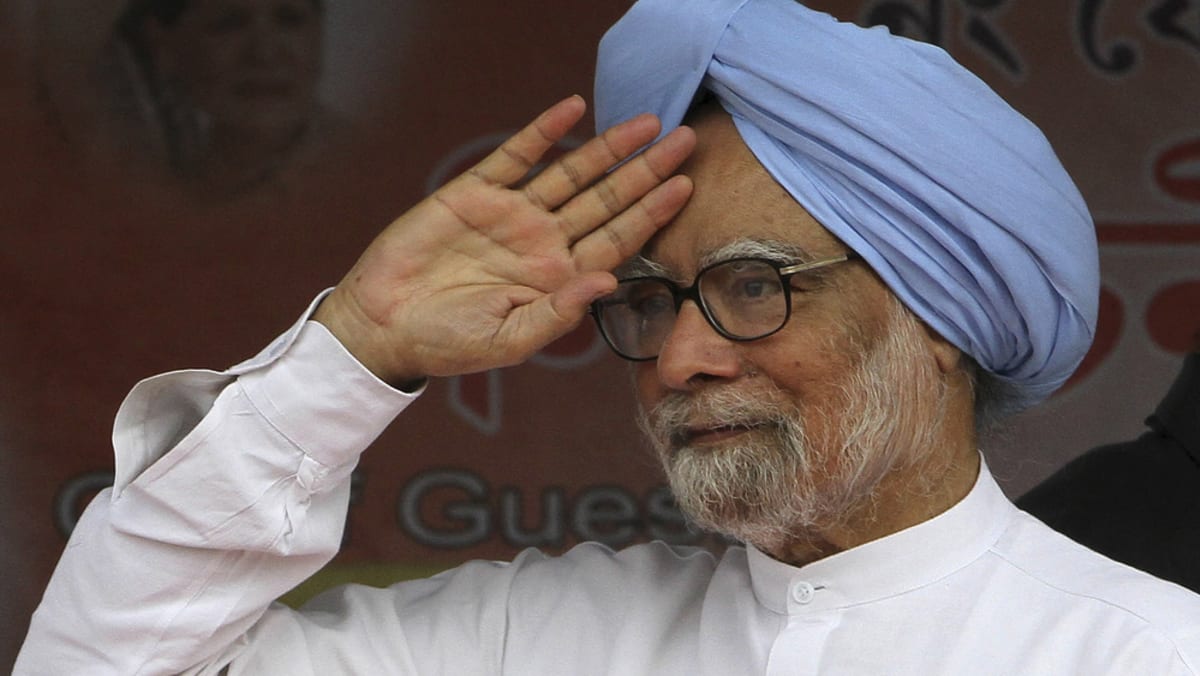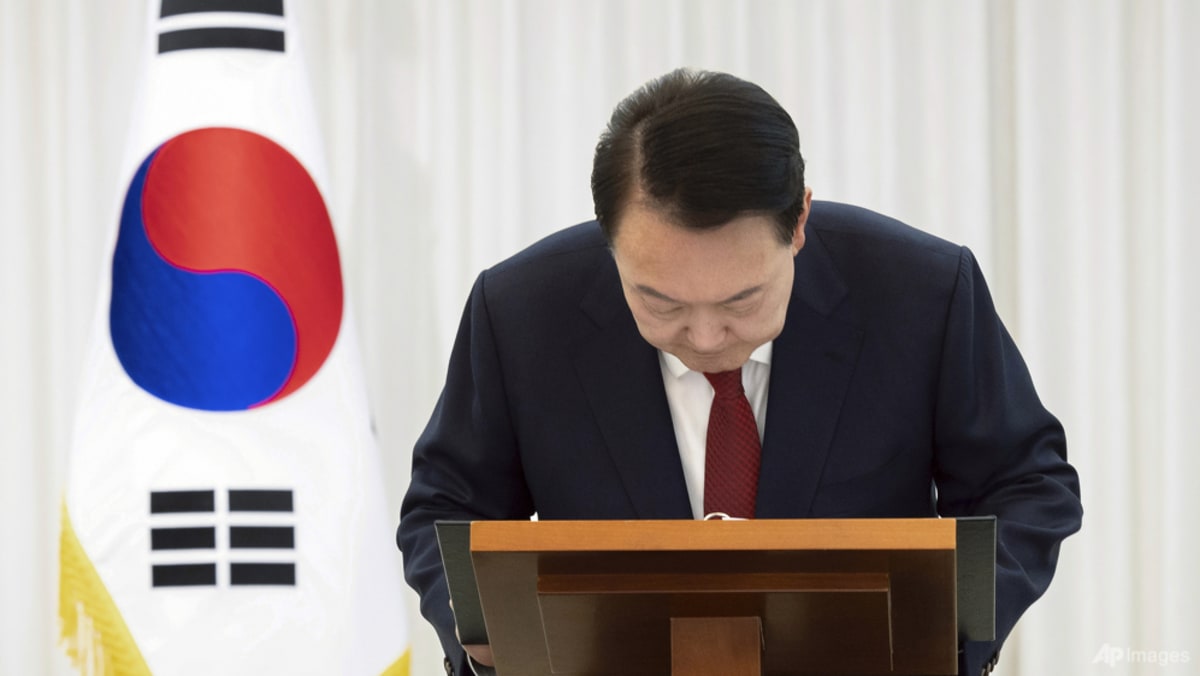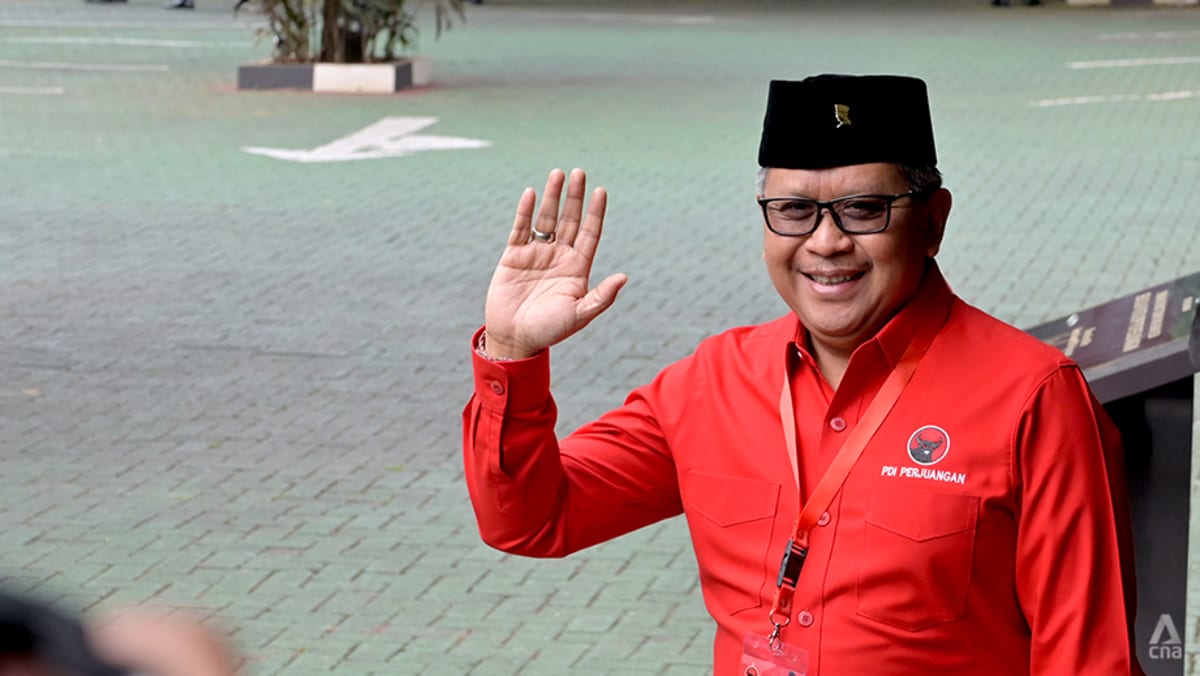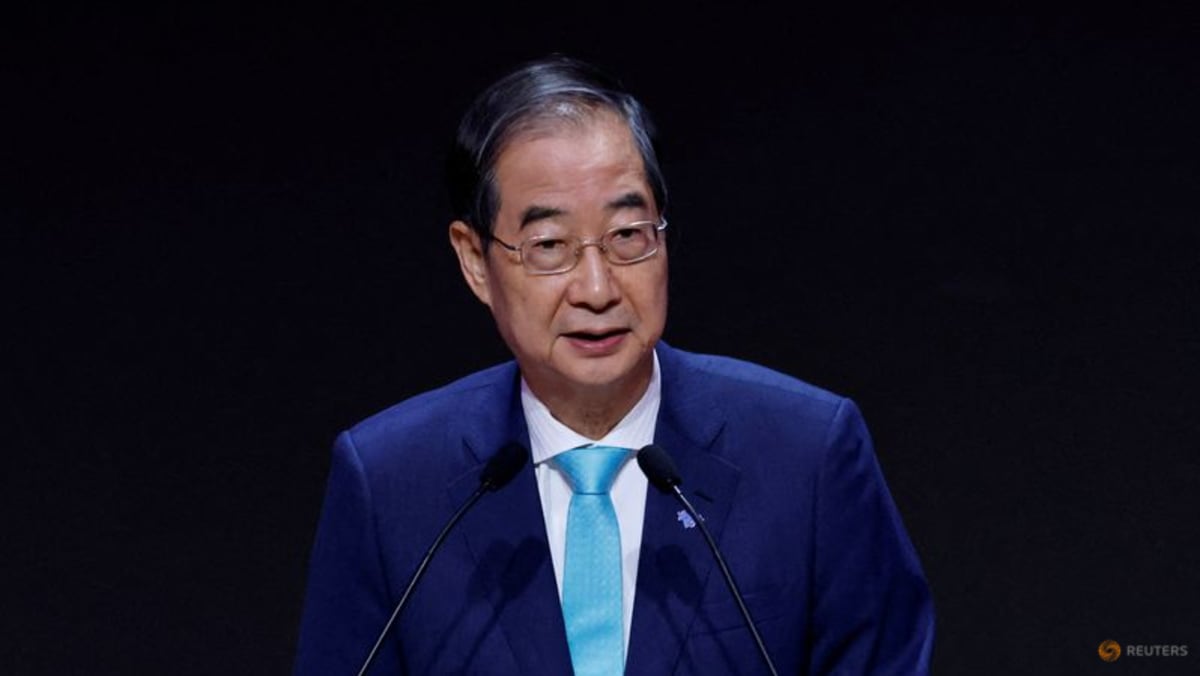Chinese phone makers emerge from Huawei’s shadow
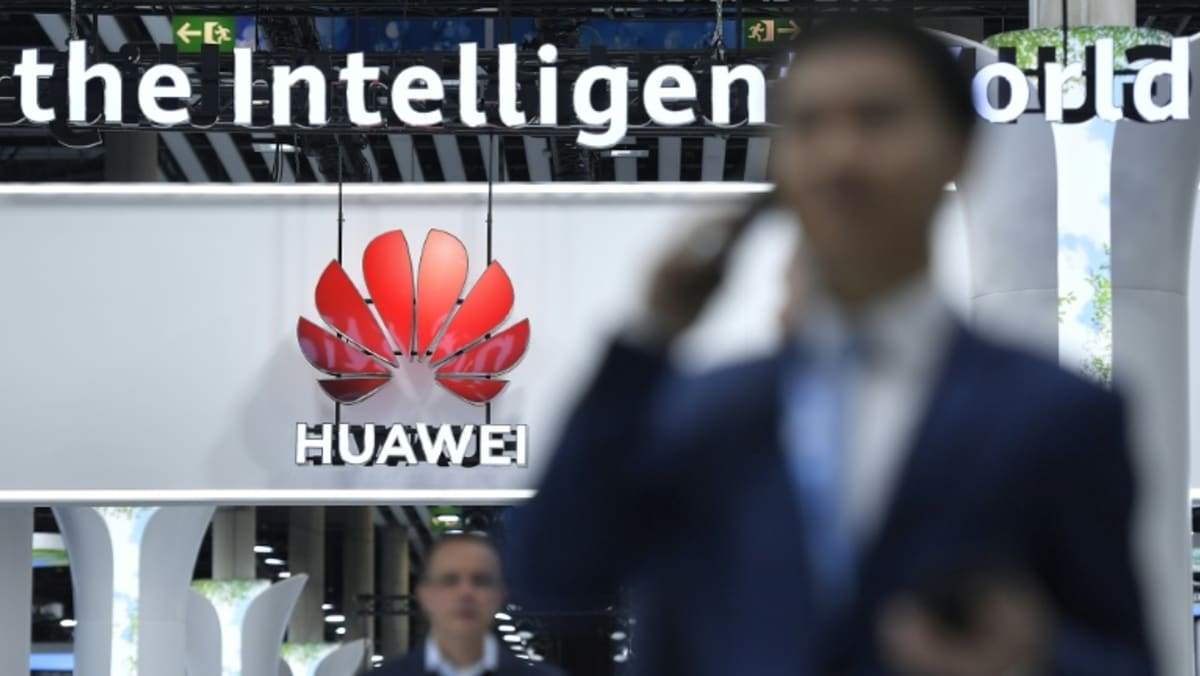
“Huawei enjoys a higher market share in Berlin than in Beijing,” wrote Danish firm Strand Consult last year, noting that 59 per cent of Germany’s 5G network equipment was Huawei.
Allowing Huawei to dominate in that way is like giving Beijing a “kill switch” on your communications network, report author John Strand told AFP.
“If it’s OK to buy Chinese communication infrastructure, then it should be OK to buy Chinese fighter planes,” he added.
TECHNOLOGY ALLIES
Huawei’s travails in the United States began under former president Donald Trump, whose anti-China stance has since become orthodox in the US Capitol.
US policymakers view Chinese domination of technology as a key global threat and Huawei has long been the poster child, in part because its interests are so closely allied to Beijing’s own aims.
Jacob Gunter of the Germany-based MERICS think tank points out that Huawei built China’s first major operating system, got deeply involved in semiconductors, network equipment, phones and is now forging ahead with cloud computing and data centres.
“It’s exactly the kind of technologies that Beijing really, really desperately wants,” Gunter told AFP.
As a result, Huawei dodged the kind of humiliating crackdown suffered by others in the tech sector – particularly video game firms and Jack Ma, founder of e-commerce giant Alibaba.
Although Huawei is largely locked out of the US market, analysts like Strand say the firm has overplayed the effects of this as it was never a major player there anyway.
And it still enjoys a huge slice of business elsewhere in the world.
“They still have a huge catchment area of customers that are not aligning with their requests of the US,” said Dario Talmesio of research firm Omdia.
TIME AND MONEY
Smartphones have not yet been scrutinised in the same way as networks.
Chinese firms are not formally banned from the US market but no major carriers partner with them and their products are not widely sold.
“There are more markets for them to focus on first,” said analyst Nicole Peng from Canalys, noting that China was a massive market in itself.
Samsung and Apple consolidated their dominance of handset sales last year, accounting for roughly 40 per cent of the market, according to specialist firm IDC.
But Chinese brands Xiaomi, Oppo and Vivo made up the other three spots in the top five.
However, all three had a bleak year, with sales slumping dramatically as demand dropped off after pandemic restrictions were lifted.
Peng pointed out that these firms are all young and have not experienced such a slowdown before, so it was unclear how they would weather the storm.
Ben Wood of research firm CCS Insight reckoned it would be a tall order to dislodge Samsung and Apple any time soon.
“They are going to have to spend a lot of money, and they are going to have to spend a lot of time to try and build some brand presence with consumers in advanced economies like Europe,” he told AFP.
Source: CNA


